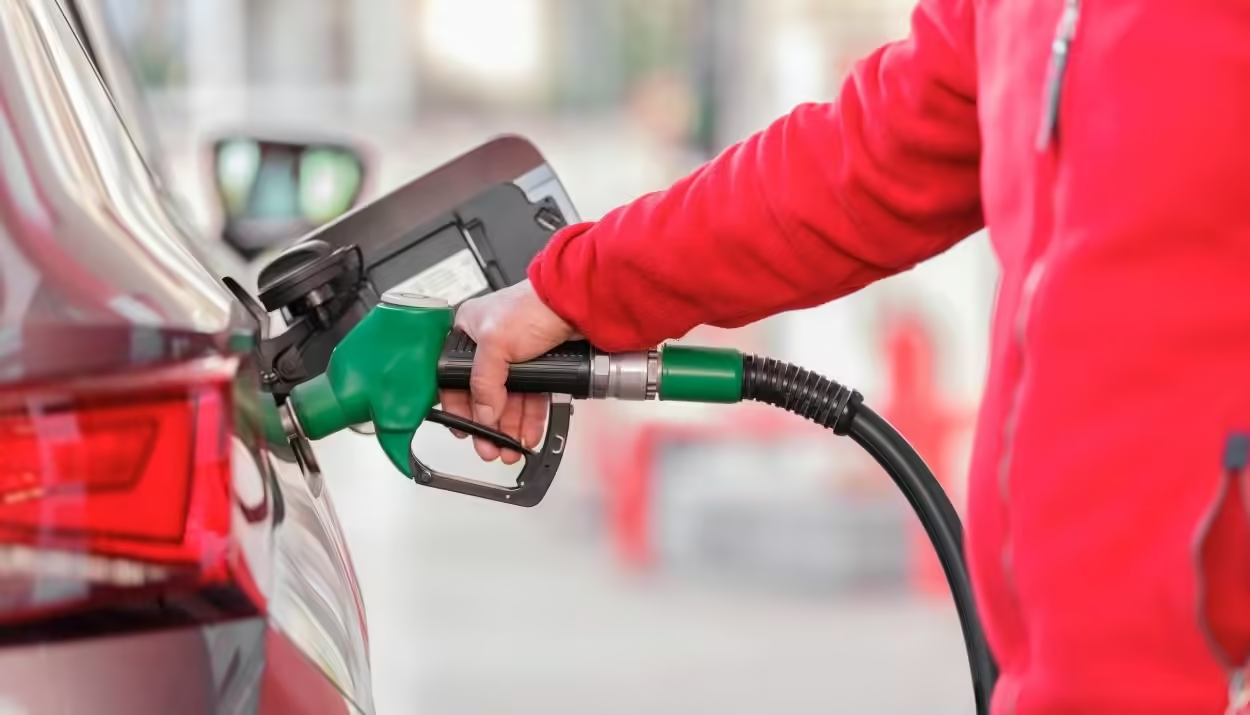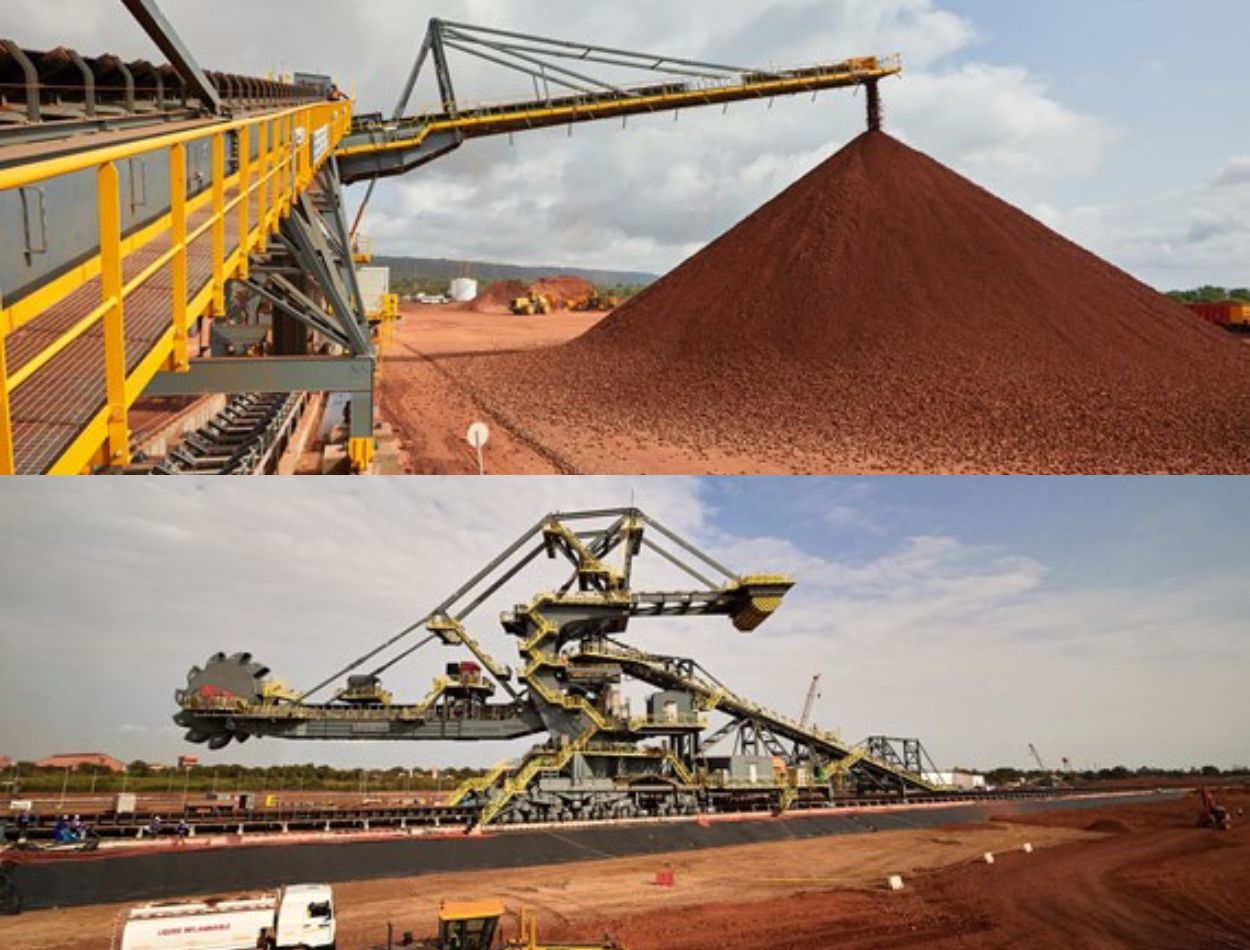Egypt has raised fuel prices just days ahead of the International Monetary Fund’s (IMF) third review of its expanded $8 billion loan program for the country.
The country’s official gazette announced the increases on Thursday, highlighting the petroleum ministry’s decision to hike petrol prices by up to 15% per litre.
The price of 80 octane petrol rose to 12.25 Egyptian pounds ($0.25), 92 octane to 13.75 pounds($0.28), and 95 octane to 15 pounds($0.31). Diesel, one of the most commonly used fuels, saw the largest increase, climbing to 11.50 Egyptian pounds ($0.24) from 10 pounds($0.20).
Prime Minister Mostafa Madbouly disclosed on Wednesday that fuel prices would continue to rise gradually until the end of 2025. He attributed this to the government’s inability to sustain the burden of increasing fuel consumption.
Contents
IMF loan program and economic reforms
This marks the second fuel price hike since the IMF expanded its loan program by $5 billion in March. At the time, Egypt received an $8 billion loan package from the IMF. However, the funds came with conditions including a move to a flexible exchange rate system, tightened monetary policy, slowed infrastructure spending, and preserved debt sustainability. As part of the agreement, Egypt’s central bank raised interest rates by 600 basis points to 27.25%.
After the March disbursement, the IMF scheduled the third review of the expanded loan program, for July 10, but later postponed it to July 29 to finalize some policy details. The international lender is expected to disburse $820 million to Egypt after this third review, subject to board approval.
IMF’s assessment
About a month ago, in June, the IMF’s Egypt mission chief, Ivanna Vladkova Hollar, commended Egypt’s efforts to preserve macroeconomic stability through various austerity measures including fiscal discipline and a shift to a flexible exchange rate. “These efforts are beginning to deliver an improved outlook, improved FX availability, inflation starting to slow down, and signs of recovery in private sector sentiment,” Hollar said.
“The mission was encouraged by the central bank’s continuing efforts to enhance its operations and reinforce progress towards a full-fledged inflation-targeting regime,” she added.
Egypt’s inflation rate is currently 32.5%, compared to the central bank’s target range of about 7%. The IMF advised Egypt to prioritize strengthening resilience in the private sector and government practices and to implement reforms to enhance the business environment.
How did Egyptians take to the price changes?
The Egyptian government has been implementing an IMF-backed economic reform program since 2022, including four currency devaluations and substantial cuts to food and energy subsidies. The fuel price increases are part of broader efforts to meet IMF requirements and secure further financial assistance.
However, the hikes, coupled with Prime Minister Madbouly’s announcement and the recent power outages plaguing the country, have sparked public discontent. Citizens have expressed frustration over the rising cost of living and the ongoing power cuts. Despite assurances last week that the daily power outages would cease until September, many Egyptians report that these disruptions continue. The fuel price hikes only further compound the issue.
While some experts argue that reducing subsidies will ultimately lead to new investments in the electricity sector and eliminate power cuts, the immediate impact on citizens’ living costs has been significant. It remains to be seen how the Egyptian government will balance the need for economic reforms and social stability.






